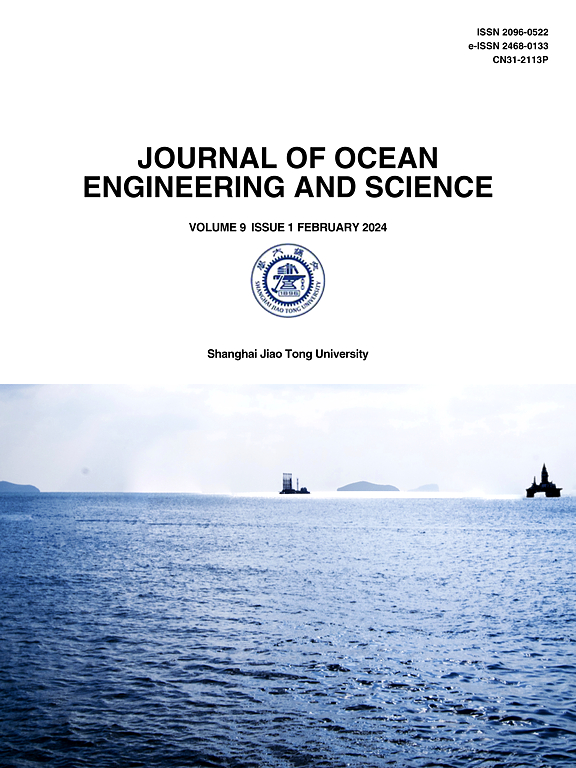使用最小的传感器数据和先进的机器学习技术分析预测柴油发电机的性能和排放
IF 11.8
1区 工程技术
Q1 ENGINEERING, MARINE
引用次数: 0
摘要
时至今日,柴油发电机(DG)仍然在各行各业发挥着不可或缺的作用,智能发动机和具有环保技术的发动机正在开发中。然而,随着无人驾驶自动化时代的到来,当DG传感器无法发挥作用时,需要采取对策。因此,开发了一种优化的AI模型,用于备份配备环保设施的智能发动机安全所需的传感器数据。为了开发AI模型,我们进行了实验,获得了将要使用的发动机和排放数据,并创建了11个模型。通过使用5个传感器数据(包括3个对发动机安全至关重要的传感器)预测与发动机性能和排放相关的16个变量,该人工智能模型可以在某些传感器故障时备份数据。此外,应用并比较了各种超参数调优以最大化模型性能。综上所述,基于决策树(DT)的模型和遗传算法均表现出较好的性能,其中集成(DT)模型的加权平均表现最佳,R2值为0.9981,SMAPE值为0.7244。此外,为了验证模型的泛化性能,使用新数据对模型的预测性能进行了测试,结果表明,混合集成(ALL)模型的预测性能最好,R2值为0.9266,SMAPE值为5.585。最后,讨论了该概念在人工智能模型开发中的应用以及未来的工作方向。本文章由计算机程序翻译,如有差异,请以英文原文为准。
Prediction of diesel generator performance and emissions using minimal sensor data and analysis of advanced machine learning techniques
To this day, diesel generator (DG) continues to play an indispensable role in all industries and smart engines and engines with eco-friendly technologies are being developed. However, with the advent of the unmanned automation era, countermeasures are required when DG sensors are non-functional. Therefore, an optimized AI model for backing up sensor data, which is necessary for the safety of smart engines equipped with eco-friendly facilities, was developed. To develop an AI model for this purpose, an experiment was conducted to obtain the engine and emission data to be used and 11 models were created. By predicting 16 variables related to the engine performance and emissions using a total of five sensor data, including three sensors essential for the engine safety, the proposed AI model could back up data when some sensors failed. Moreover, various hyperparameter tunings were applied and compared to maximize the model performance. Consequently, the decision tree (DT)-based models and genetic algorithm showed a good performance, and the weighted average of ensemble (DT) model showed the best performance with R2 value of 0.9981, and a SMAPE value of 0.7244. Additionally, to confirm the generalization performance of the model, the prediction performance of the models was measured using new data, and the blending of ensemble (ALL) model had the best performance with R2 value of 0.9266, and a SMAPE value of 5.585. Finally, the application of the concept used to develop the AI model and the future direction of the work were discussed.
求助全文
通过发布文献求助,成功后即可免费获取论文全文。
去求助
来源期刊

Journal of Ocean Engineering and Science
Multiple-
CiteScore
11.50
自引率
19.70%
发文量
224
审稿时长
29 days
期刊介绍:
The Journal of Ocean Engineering and Science (JOES) serves as a platform for disseminating original research and advancements in the realm of ocean engineering and science.
JOES encourages the submission of papers covering various aspects of ocean engineering and science.
 求助内容:
求助内容: 应助结果提醒方式:
应助结果提醒方式:


